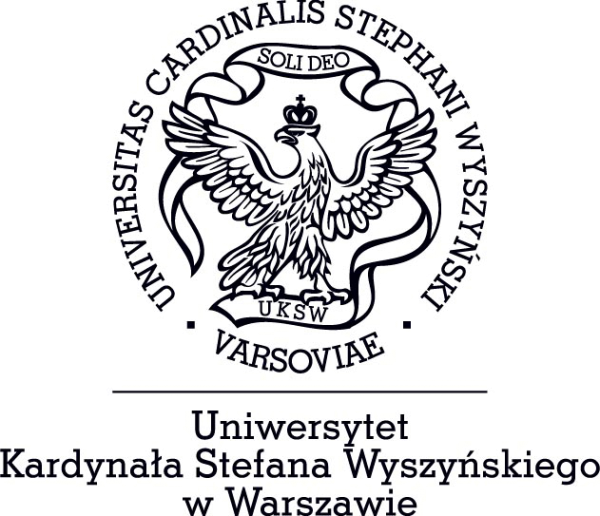The aim of the conference is to provide a forum for the continuation of (initiated by the previous conference) the exchange of experiences and research and practical perspectives between experts, representatives of various scientific disciplines and other entities interested in the issues of cohesion and well-being of local communities in various types of localities and municipalities as the effects of local development processes. With emphasis on selected factors of multifaceted cohesion - social, economic and territorial - and multi-dimensional well-being (in the evaluation, experience or eudaemonic sense), as well as the relationship between them and their determinants. Including the importance of cross-sectoral relationships - administration, business and the third sector - for creating an innovative environment, with special emphasis on the participation and civic engagement in 'endogenous' development (the so-called capability approach at the local community level).
Community cohesion is widely recognized as a particularly desirable quality of local development, both from a theoretical and practical point of view. Context-sensitive, respecting the specifics of various types of local communities, cohesion is on the one hand interpreted as a component of multidimensional community well-being indexes . In this sense, the relations between cohesion and well-being that belong to conceptual terms are, first of all, the subject of theoretic-measurement conceptualization and 'operationalization' in the descriptive-diagnostic models.
On the other hand, community cohesion is an autonomous object of development policy and local activities, to which the most appropriate seem to be - and as such are recommended by centers and institutions supporting (national and international) - innovative ventures. With a special indication of local self-government institutions and civic organizations ( third-sector), as natural subjects of such activities, ensuring the accuracy and effectiveness and sustainability of relevant projects.
Both of these paradigmatic research approaches complement each other with the adoption of an evaluation perspective due to calling for the criterion of the suitability of the study, starting from the specification of information requirements.
Above all, for the needs of designing a monitoring and evaluation system, allowing identification and estimation of the impact of factors (including specific programs) constituting a source of pro-well-being and pro-cohesion (or sustainable) local development.
At the same time, it poses a problem of the adequacy of existing data - in particular, the availability and usefulness of public statistics - to the requirements of such systems and analyzes. Thus, the demonstration of analyzes using this type of data, including data from various studies (or databases), may be a particularly valuable example of the approximation of sociological and economic analyzes to official statistics, favoring the use of the wealth of information contained therein.
The above sketched, triadic structure of interdependent elements of the ('innovative') local development process - cohesion, innovation and well-being - should be reflected in the thematic structure of the conference. Hence the proposal to focus the papers and discussions on the following topic areas constituting the subjects of relevant parallel sessions:
Theme 1: Cohesion and well-being in the local space - aspects of diversity in local development processes - developmental dissimilarities and 'Community' disparities, e.g. in urban, rural, cross-border areas, etc.
Theme 2: Well-being and innovation in local communities - (social) factors of sustainable development and well-being, the role of 'bottom-up' innovation ('local').
Theme 3: Research, measurement and modeling of local and individual welfare - problems of survey and other data - the role of 'space' (distance / proximity, 'neighborhood', etc.).



